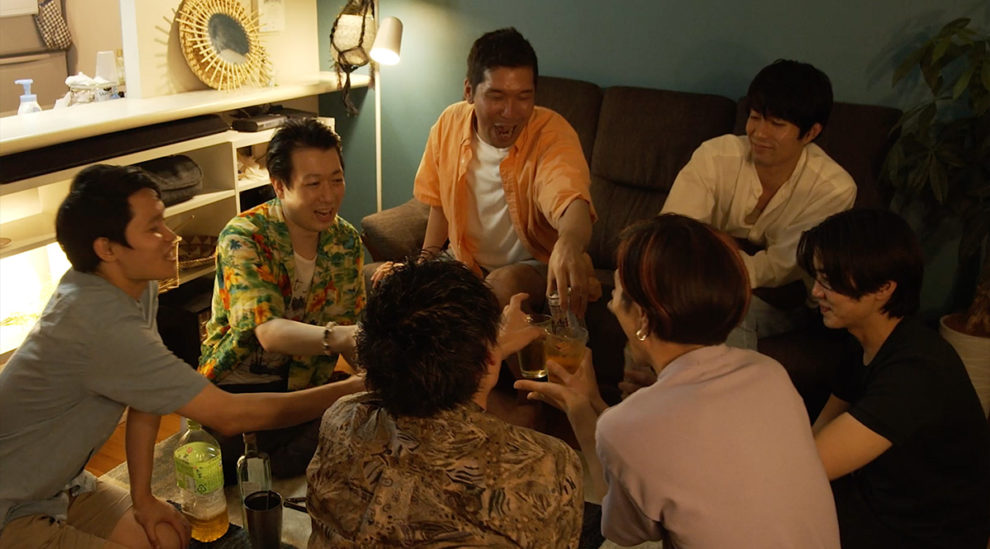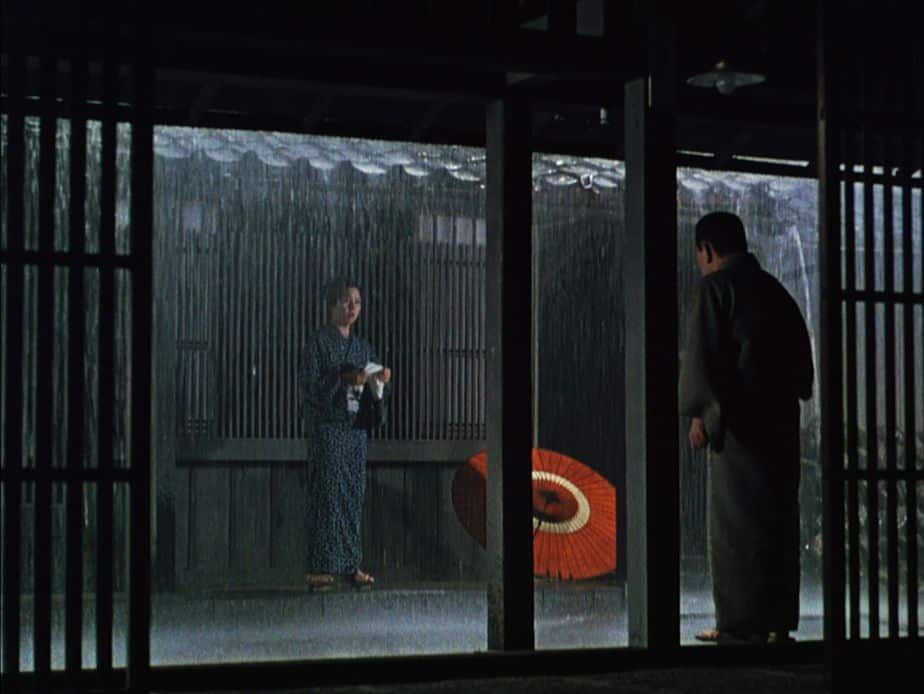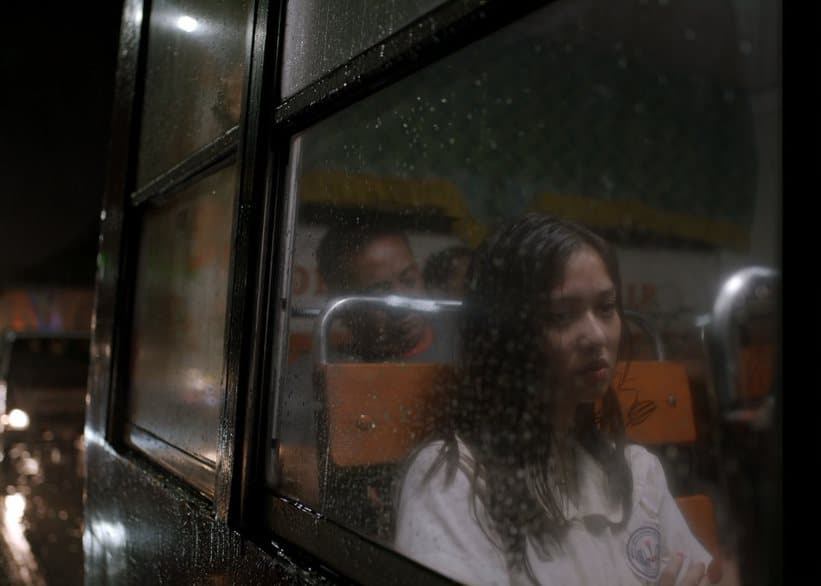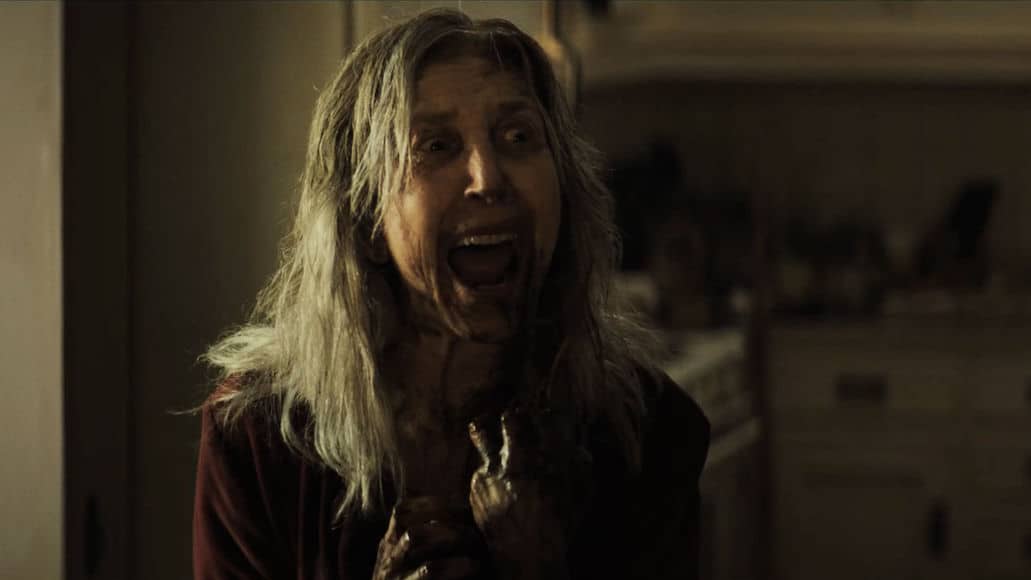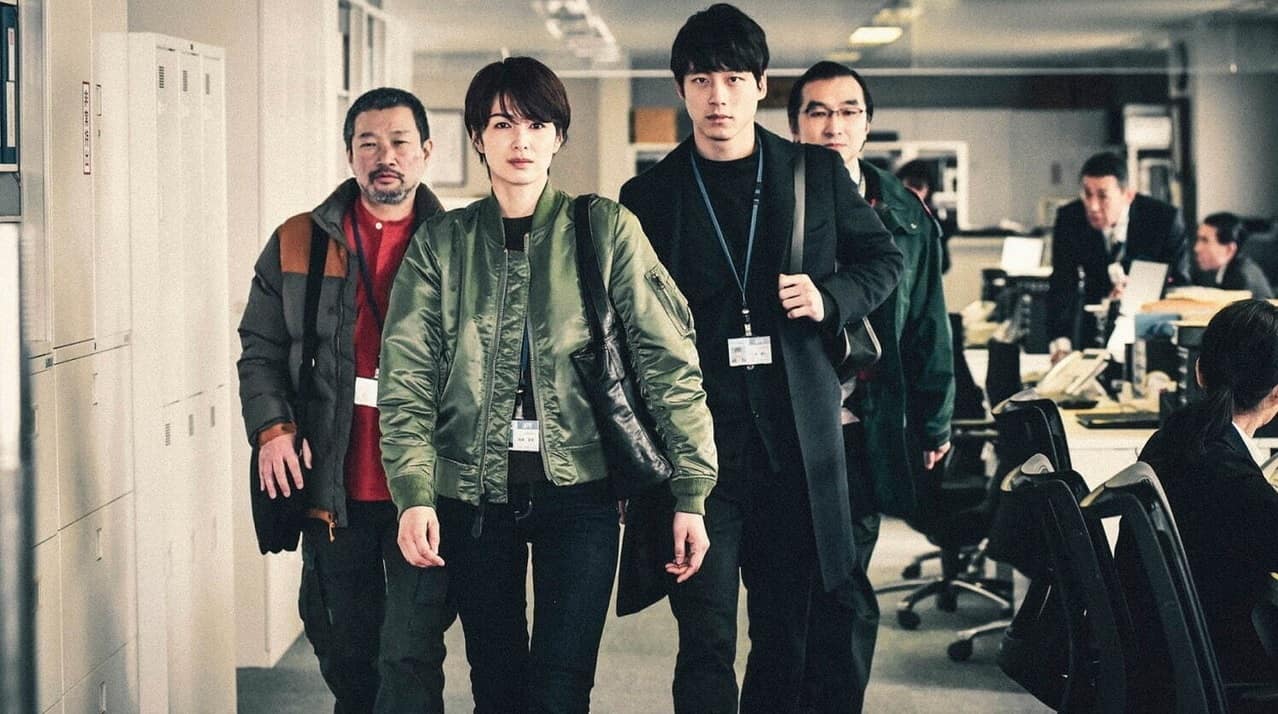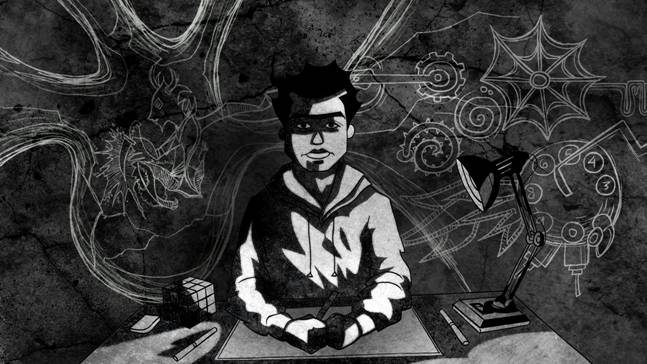Wishing to present a realistic story of gay life in Tokyo, Shuichi Kawanobe drew from his own experiences to come up with “Our House Party”, in a film, though, that exhibits a number of issues.
Our House Party is screening at Osaka Asian Film Festival

The first one is the introductory scene, which begins with 21-year-old university student Tomoya, having a party of sorts with his two roommates, a boy and a girl, with the former eventually confessing to him, after the girl is asleep, that he really likes her and would like to pursue a relationship. Tomoya gives his permission, but the film shows that he is somewhat annoyed by the whole endeavor. This element, however, is completely forgotten as the movie progresses, essentially appearing completely disconnected from the rest of the narrative.
In the next scenes, Tomoya stumbles upon Shoichi, a gay bar owner who operates in Shinjuku 2-chome, and takes immediate interest to the young man, thus kickstarting his acknowledgement of his own sexuality. Eventually, and after the focus of the story changes completely a number of times to present a series of other characters, all of which eventually come together in a house party, where Shoichi introduces them to Tomoya. The party is hosted by Akiko and his long-time partner Yasushi, although some tension seems to exist between them, which becomes quite palpable when Kenichi, a rather good-looking photographer makes his appearance. Naoki, a gay club owner is there with his friend Masashi, who is as close to a “queen” as possible, with his TV-gay like attitude and his constant fits and change of mood being one of the main sources of tension in the party, which after a point, threatens to get violent. For reasons unknown, Tomoya decides to add more fuel to the fire by revealing an event that brings almost everyone against each other.

Shuichi Kawanobe follows a recipe that reminds much of Hong Sang-soo's style, in an effort to present all types of gay men in Tokyo, and the issues they face, with the dialogue-heavy, drunken-fighting, stage-like style being the main elements of this approach. However, the issue here is that the characters are too many to be fully analyzed in the 80 minutes of the movie, an aspect that makes it very difficult for the viewer to feel any kind of empathy for them.
Furthermore, the dialogues are not particularly interesting, the tensions occasionally unjustified, and Masashi, who takes the most screen time here, is a rather annoying protagonist. Granted, the focus on realism is evident also, but in this case, is not accompanied by that many elements that could be described as interesting, with the tensions that arise occasionally seeming like a forced effort to generate some kind of high point. This aspect is chiefly mirrored when the neighbor from downstairs comes to the party, initially to tell them to keep it down, but essentially to flaunt her notions about gays to them, by repeatedly mentioning that “she actually has children, who want to sleep” in a kind of shaming that is interesting, but again, looks not organic at all. The dialogues also follow this path, essentially presenting the comments the filmmaker wanted to make, but once more, appearing disconnected a number of times.
Probably the most interesting aspect of the movie is Masami Inomoto's cinematography, with him presenting the various settings (apartments, bars, restaurants) with realism and artistry, in a way that also mirrors the psychology of the characters. The peeping scene, which also features a very interesting cut upon Yasushi's arrival, and most of all, the sex/making-out sequences, are quite intriguingly shot, essentially carrying the movie for a large part of its duration. The acting follows the same realistic path with the exception of Keigo Unohara's Masashi (although truth be told, this kind of gay does exist and is not exactly rare), without anyone standing out however.
Shuichi Kawanobe had some good intentions in presenting his subject, but in the end, his effort ended up a film that tries to do too much in a very short time, and without any particular contextual direction.


